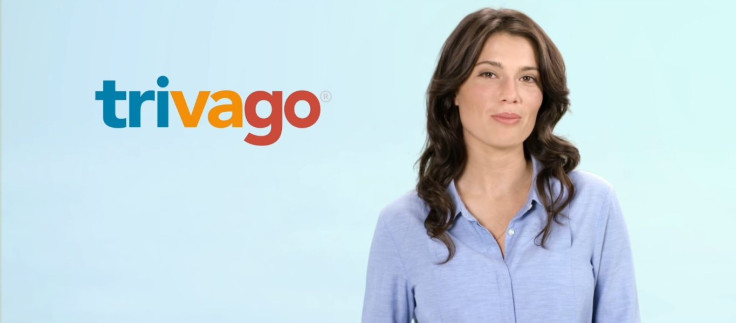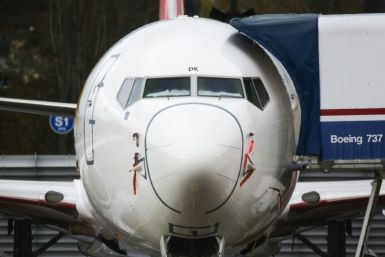UPDATE: ACCC sues Trivago for allegedly misleading consumers on hotel prices

Update Aug. 28, 2018: Trivago has provided the following statement in response to ACCC's filing of complaint:
The Australian Competition and Consumer Commission filed a statement of claim against trivago today concerning aspects of trivago’s price displays on its Australian website.
trivago helps thousands of Australians find their ideal accommodation through personalised searches and a deep supply of hotel prices and other information. Our priority is to enable Australian travellers to find their ideal hotel.
We agree with the ACCC's earlier public statement that “comparator websites can assist consumers to make more informed purchasing decisions when comparing what are often quite complex products, and can promote healthy competition by assisting small or new service providers to compete more effectively."
We are disappointed by the action the ACCC has chosen to take in relation to trivago and will vigorously defend our interests.
---
Online booking site Trivago N.V. has been sued for allegedly misleading hotel pricing representations. The Australian Competition and Consumer Commission has started proceedings in the Federal Court against the German multinational company for apparently breaching the Australian Consumer Law.
Trivago, a part of the Expedia Group, is a search engine that aggregates online hotel offers from online travel against, hotel chains and independent hotels. It uses the popular catchphrase of “Hotel? Trivago.”
The company is accused of presenting its website as an impartial and objective price comparison service in its TV advertisements. It apparently promised consumers it would identify the cheapest prices for hotel rooms for them. However, the ACCC alleges that its website prioritised advertisers willing to pay the highest cost per click fee to the company.
According to the ACCC, Trivago creates the impression that it presents the best deals for consumers from the deals offered by online travel sites and hotel proprietors for available rooms. However, the highlighted price is many cases is usually not the cheapest available at a particular hotel.
“Based on Trivago’s highlighted price display on its website, we allege that consumers may have formed the incorrect impression that Trivago’s highlighted deals were the best price they could get at a particular hotel, when that was not the case. Trivago based its rankings on the highest cost per click it would receive from its advertisers,” ACCC Chair Rod Sims said.
“We allege that because of the design of Trivago’s website and representations made, consumers were denied a genuine choice about choosing a hotel deal, by making choices based on this misleading impression created by the Trivago website.”
Trivago’s online strike-through price comparisons were also allegedly false or misleading because they often compared an offer for a standard room with an offer for a luxury room at the same hotel. This again creates a false impression of savings offered for the same room.
Sims said this tactic not only fooled consumers into paying more than they would otherwise have paid for, it also caused hotels to lose potential business.
The ad at the centre of this issue was aired over 400,000 from December 2013.






